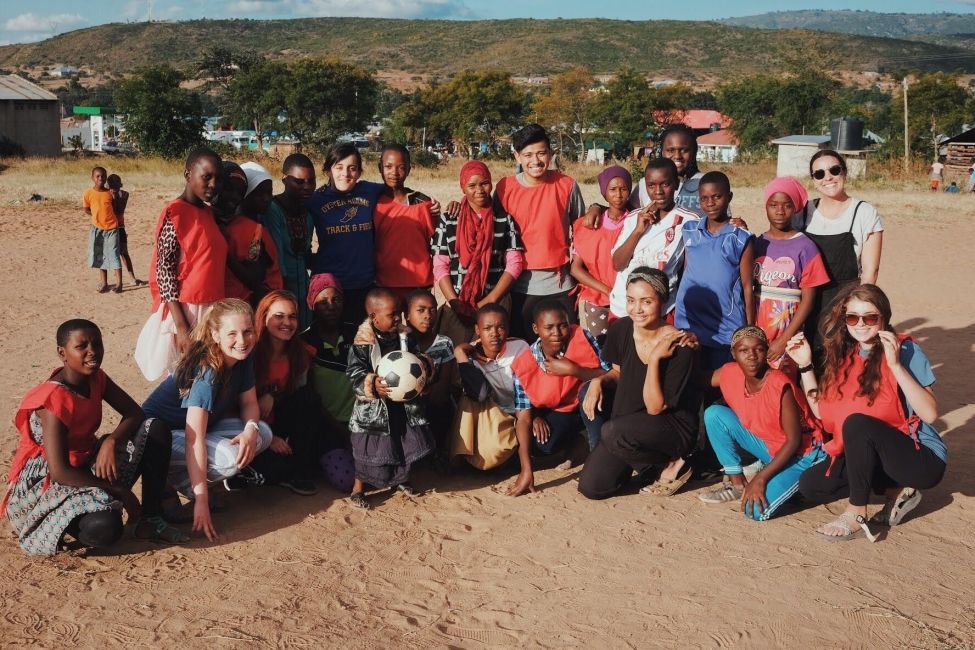Reflection: Week Two
Our program is a leadership and service oriented one, which emphasizes collaboration with a community on global issues. Our problem in Iringa, Tanzania? Gender inequality. Our solution? Empowerment through soccer.
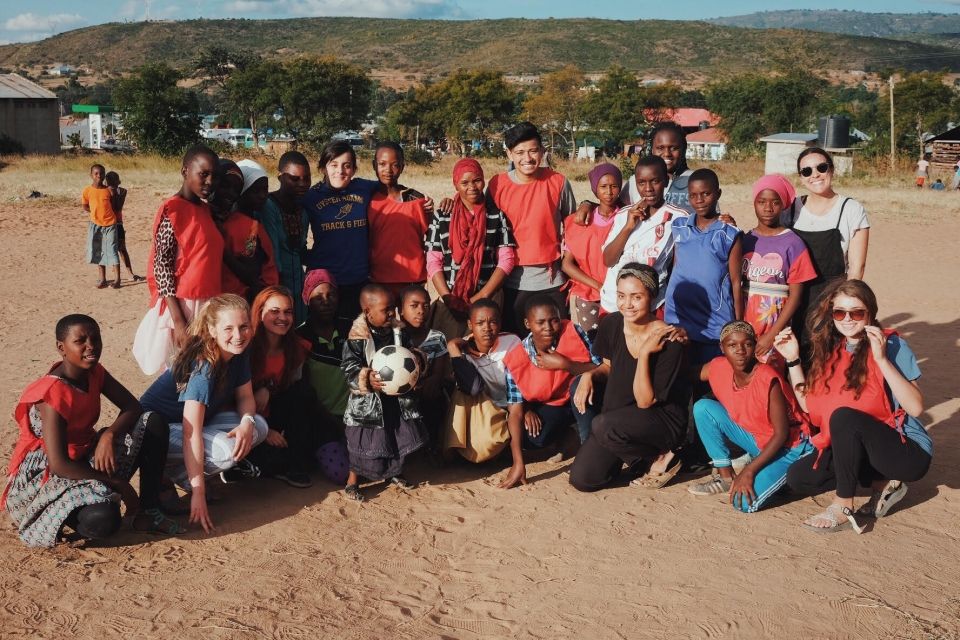
International service-learning efforts are complicated. It’s not enough just to do, but we must reflect on what we do or seek to do, meaningfully and regularly. These projects require us to confront notions of identity, privilege, and ethical engagement with the local community: Am I doing right by the recipients of this project? Is the solution to the problem sustainable or am I perpetuating a cycle of dependency? This list of questions is endless.
Because it’s wildly important for us to analyze the systematic impact of our actions, our role as program leaders is to nourish that culture of self-reflection among the participants of the program so that they may become empathetic and empowering global citizens. As such, we asked the students what they thought — are we achieving our mission set out at the onset of the program?
“I believe that we are achieving our mission in practice overall. I think that we are definitely encouraging, supporting, and beginning to empower the girls every day in practice. I think our main problems are that we have very little time with the girls, so we can only teach them so much. Learning soccer skills and getting better is very empowering, so the lack of time to continue getting better is minimizing the empowerment. Despite this issue, though, I feel that we are achieving our overarching goal.”
Becca C.
“I think that actually carrying out our project was harder than it seemed in theory, but I think that we have achieved our goal because the girls we are playing with do have fun and are in a better mood after playing. Although it may not seem like we are empowering them, they have a great time and are more confident after and, therefore, more empowered.”
Zahra A.
“I think that overall the service work we have done was similar to what I anticipated when signing up. I knew that it would be very fun, but also challenging with the language barrier. I think we have been most effective at the first school, and I enjoyed that group the most because I could really see that we were impacting them. Throughout the 3 days they opened up to us, improved their skills, and seemed to be having an amazing time playing with us and their friends; however, it was definitely harder with some girls at other school because those schools were less organizered. Overall, though, I think we have been successful in offering these girls a chance to play soccer and have a lot of fun, and empowering them while doing so.”
Sierra C.
“I think we have definitely made progress towards the mission of empowering girls through soccer. Especially with the first group, I feel that by teaching them new skills and encouraging them to continue playing soccer, we are empowering them to do something that is traditionally considered to be for boys. Furthermore, this can transfer to other aspects of the lives of these girls because they realize that they are capable of doing all that boys can do. The only thing that I think interferes with our goal is the language barrier and cultural differences. It is harder for us to communicate the goal of these soccer trainings, as well as the importance of female empowerment with the girls we encounter because we don’t speak Swahili and because they might not realize the necessity of gender equality since traditional gender roles are a part of their culture. Overall, however, I think that sharing our knowledge about and passion for soccer has helped build confidence in the girls we’ve worked with.”
Zara E.
“My first impression when applying was that we’d do activities alongside the girls, give the girls a chance to feel empowered through sports, and learn from each other’s cultures. I think that we have been able to do that to a certain degree, but that has been limiting due to the small amount of time we spent with each school.”
Bryan B.
“I thought that we would be able to make more of an impact on the girls and break through to them about empowerment. Because all of the schools are on break, it’s been hard to stick to a school and build a relationship with the girls. So far I think we’ve only done what we set out to do with the first school because we were actually there for three days and were able to communicate one goal through a translator.”
Olivia G.
Blog prompt created and edited by program leader, McKenzie Paterson
Related Posts
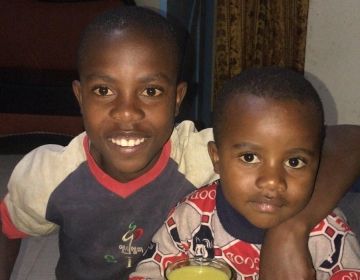
Guest Blog: Syeda's Home Stay
hi! My name is Syeda Sohaib and i’m 15 years old. I’m from north carolina and i’m a student on this trip to Iringa, Tanzania. I choose this trip because... keep reading
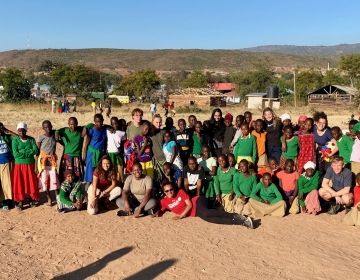
Mpira wa Migu (Football)
During our three weeks here, we will be conducting soccer camps with two secondary schools and two primary schools. Generally speaking, soccer is a sport reserved for boys in most... keep reading
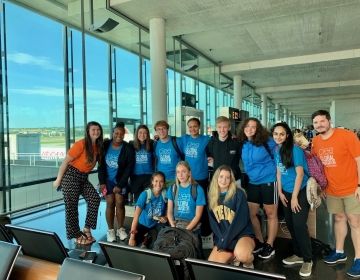
Tumeshafika Salama! (We have arrived safely!)
*Disclaimer: due to connectivity issues, the blog posts might be a little out of order, but the content is just as great nonetheless :) After more than 24 hours of... keep reading
